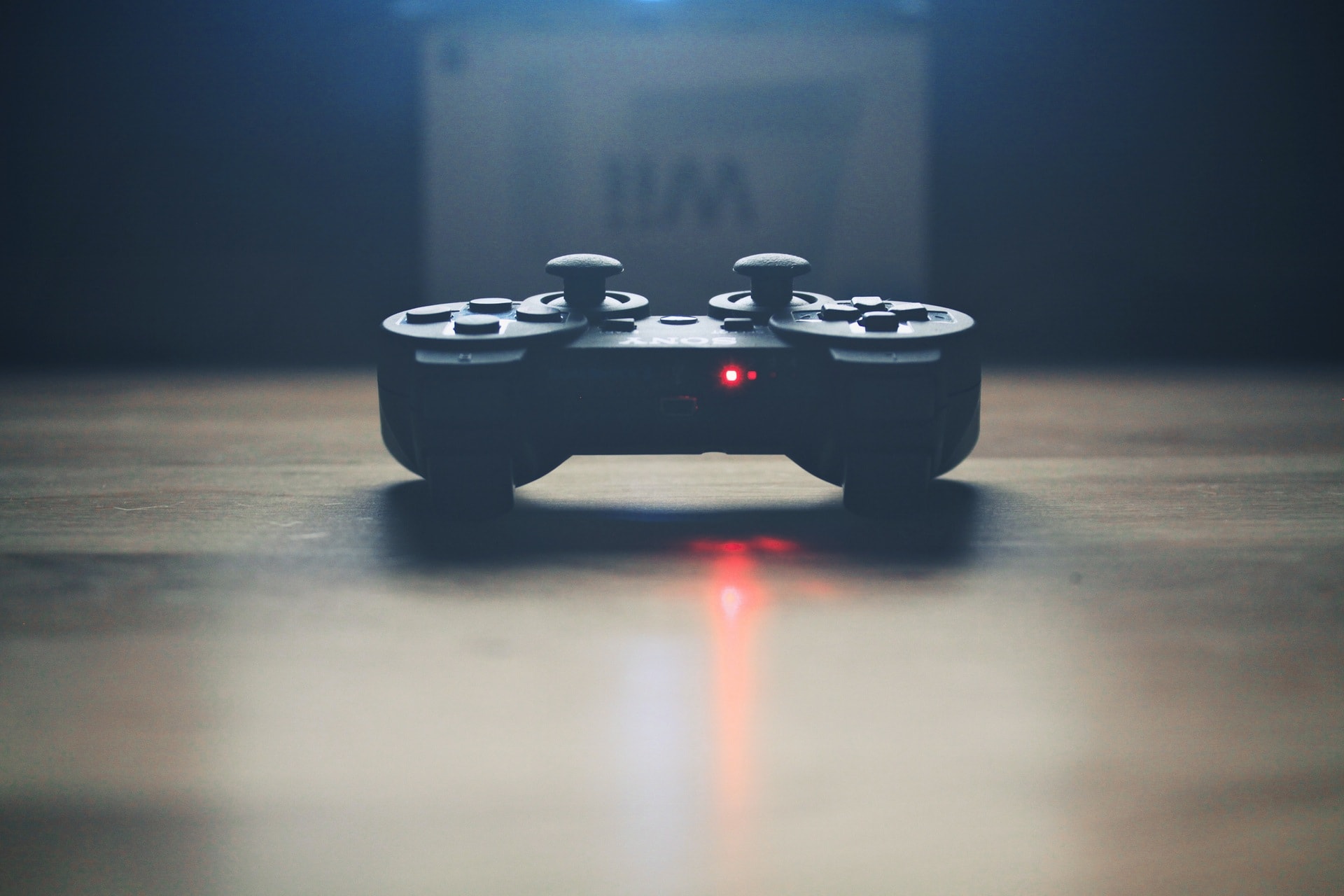It goes without saying that work can be daunting at times. Whether as an employee, freelancer, business owner, or some amalgamated classification, there always seems to be an endless series of responsibilities and to-do items to complete before shutting down for the day.
We’ve all experienced this in our professional world, and I’m certainly no different. But sometimes you have to take a break, disconnect, and recharge to maintain your sanity and your effectiveness.
Here’s how I maintain mine and return to work reinvigorated and better equipped to handle professional challenges.
Meet Doumah
In December 2013, a friend showed me a picture of a dog. A dog who had a story: He had been rescued from a ditch a year prior, after being abandoned. He was then dropped off at a local vet by the rescuers and hadn’t been adopted in all that time.
With an entire year having passed by without being adopted, I thought there must be something off about him. After all, rescued animals are often cited with having certain health and/or mental issues, which isn’t surprising considering their circumstances.
But he spoke to me in that picture, so I had go to see him, especially as I had been looking for a second dog (my step-dad took the first one recently). After visiting him twice, adopting him, and having him in my home after a month, I realized something.
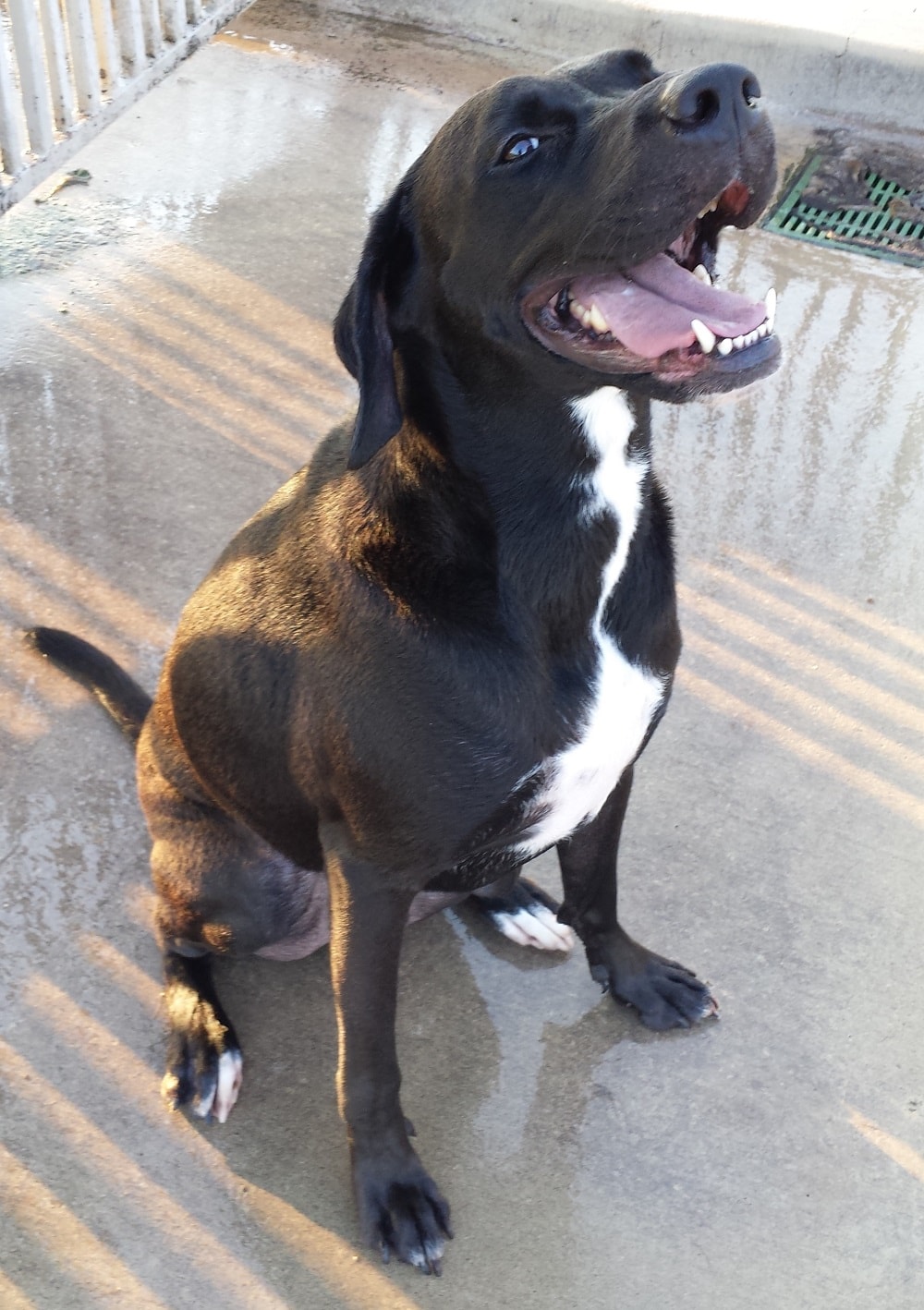 He didn’t have any “issues.” He wasn’t loud; in fact, at one point, I wondered if he could even bark. He didn’t whine. And he wasn’t aggressive.
He didn’t have any “issues.” He wasn’t loud; in fact, at one point, I wondered if he could even bark. He didn’t whine. And he wasn’t aggressive.
He was just a big (70 lbs), black (with a patch of white on his chest) dog. And I guess big, black dogs just don’t “do it” for a lot of folks. But it did for me, and I absolutely adored him. So, Doumah (pronounced do-muh) became my loyal canine companion just weeks before that Christmas, and he’s played a poignant role in keeping me sane ever since.
Whether it’s throwing the ball at the park — where he’ll fetch for as long as you’ll let him — or just curling up while watching a movie, he’s a great stress reliever and something to look forward to after finishing my work for the day.
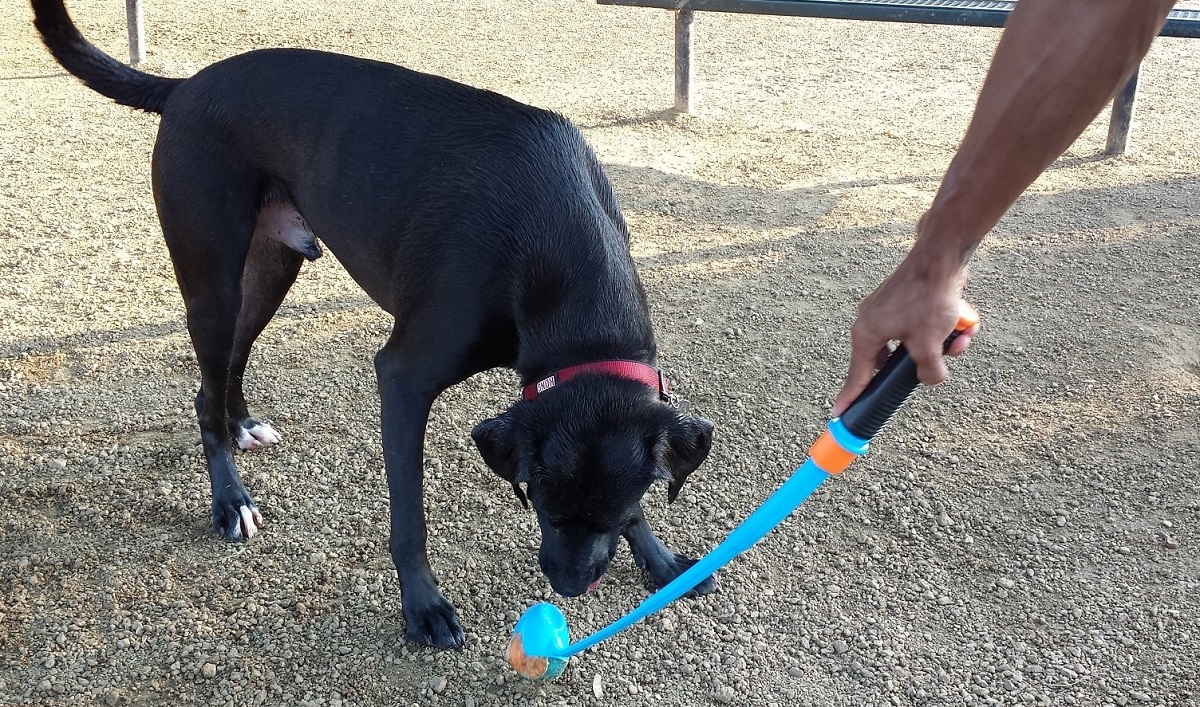
But beyond just being a companion, there’s actually a few things my dog has reminded me of over the past few years. And, coincidentally enough, they relate back to our professional life.
Appreciate the simple things. Did you know that dogs typically sleep 12 to 14 hours per day? Meanwhile, 65% of us humans (at least in the U.S.) have to settle for less than the standard 8 hours, according to a Gallup poll. If only we had such luxury to sleep half the day!
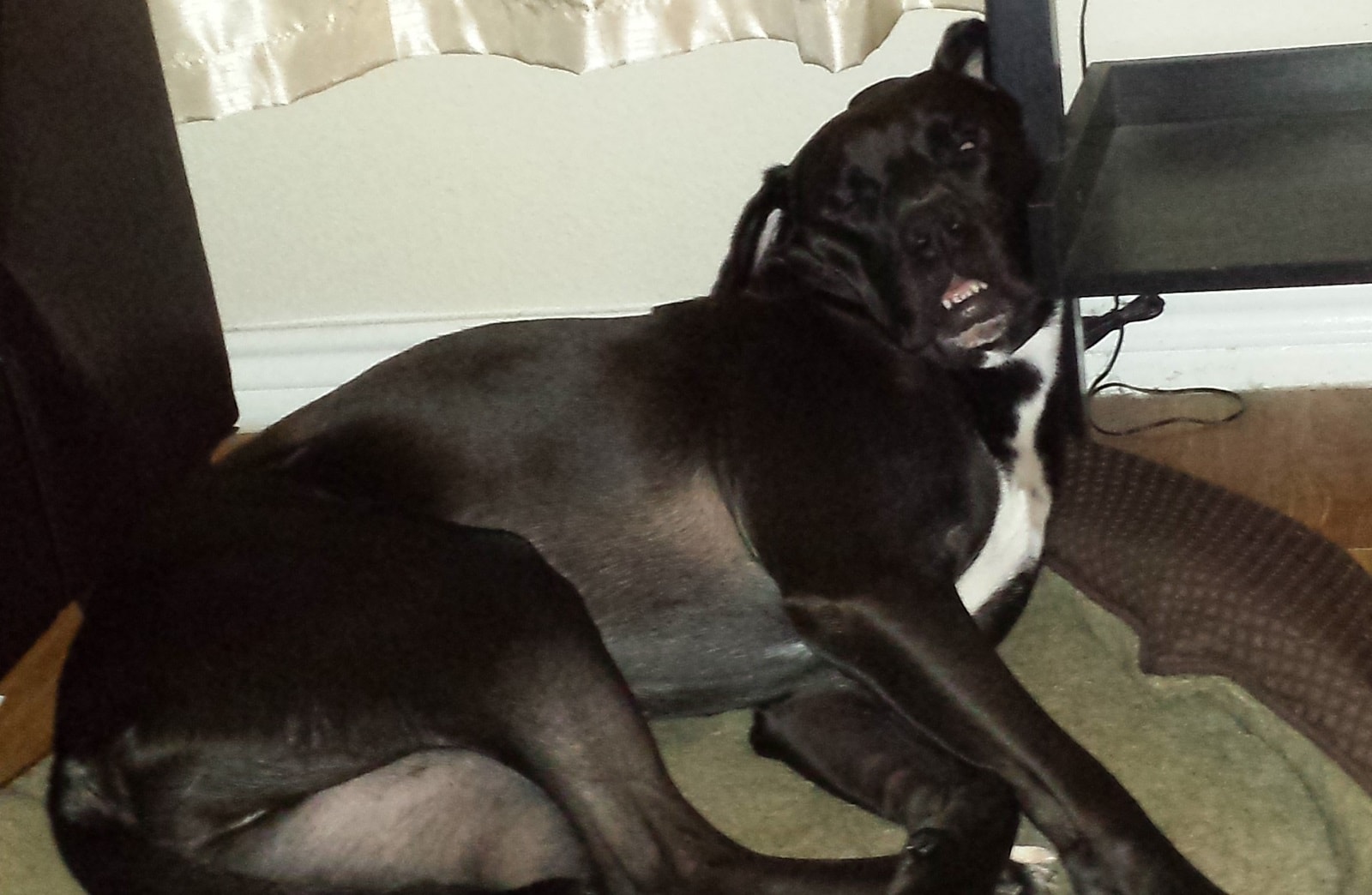
I often walk in a room and see Doumah passed out in his bed, pressed up against the side of his kennel or another solid fixture, or laying in some random position on the carpet. These times are when I’m reminded to appreciate the simplicity of life, like being able to sleep comfortably wherever the hell I want in a home I’m afforded from my hard work. (Plus, appreciating the fact that I have work!)
Communicate clearly and consistently. Anyone who has a dog (or dogs) of their own know that, as much as we may want them to, dogs don’t speak English. This forces us, as their owners and caretakers, to speak to them in a way they can understand.
Between body language, specific words, and tone, we often can communicate a lot by doing little. We have to remember that, like dogs, we take in every aspect of a person when we are interacting with them. Thus, if our face, body, and words are not in sync, our message may not be communicated clearly, which can lead to confusion and misunderstandings.
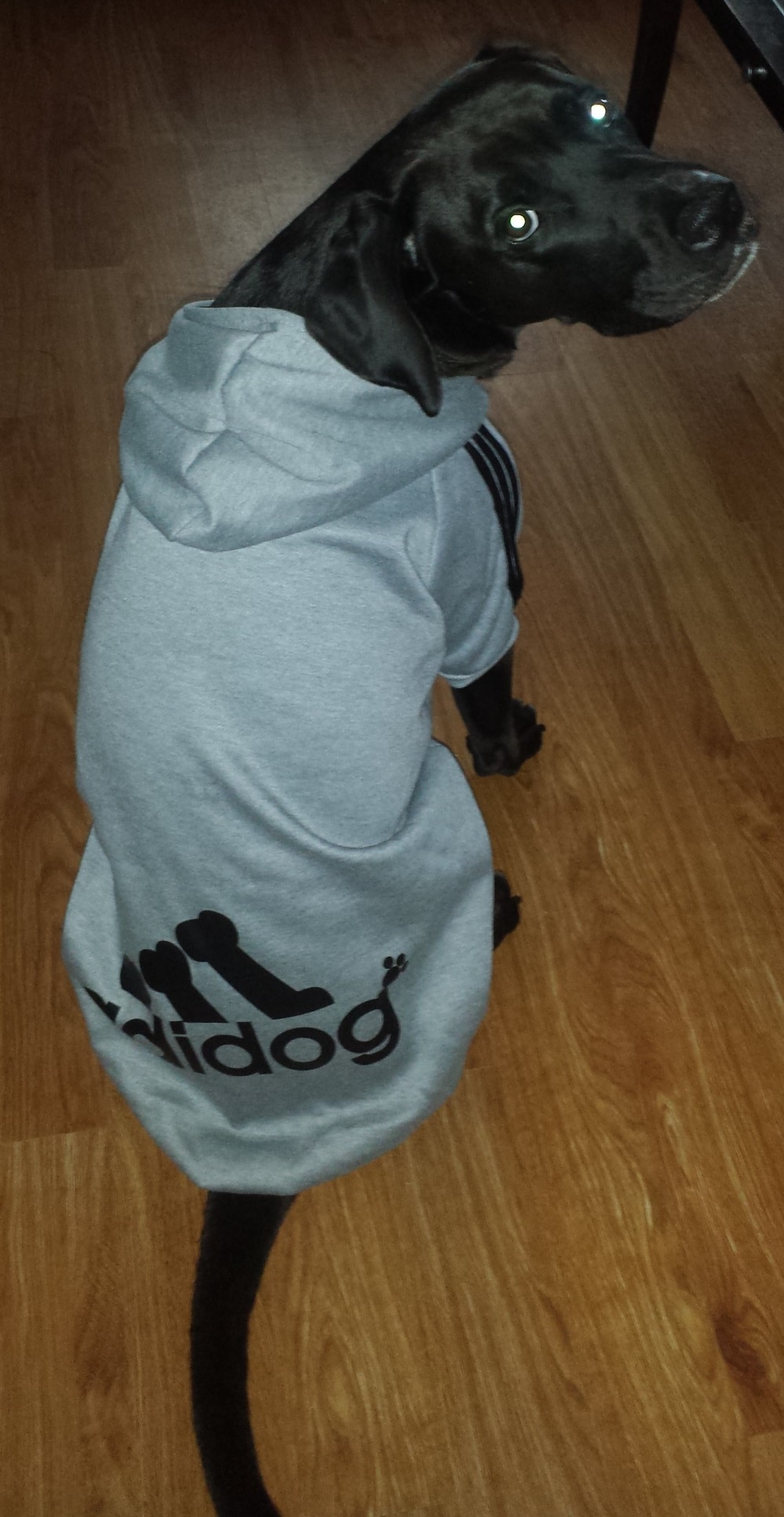 And, unfortunately, we may not know this is the case because we tend to not inform others of being confused about their message. This is why the impetus is on ourselves to ensure our message is clear and all external facets are congruent.
And, unfortunately, we may not know this is the case because we tend to not inform others of being confused about their message. This is why the impetus is on ourselves to ensure our message is clear and all external facets are congruent.
Unlike humans, though, dogs have no qualms about letting you know you’re not making sense. If I tell Doumah “no,” but smile and say the word in a sweet tone, he’ll simply look at me strangely and continue what he was doing. On the other hand, if I tell him “no” with a neutral face and say the word in a stern tone, he will immediately cease his actions and either lie down or roll over.
Enter Gaming
While Doumah offers great interaction and companionship, sometimes I just want to unwind in a one-sided way. This is where one of my favorite personal interests comes into play for keeping me sane: Gaming.
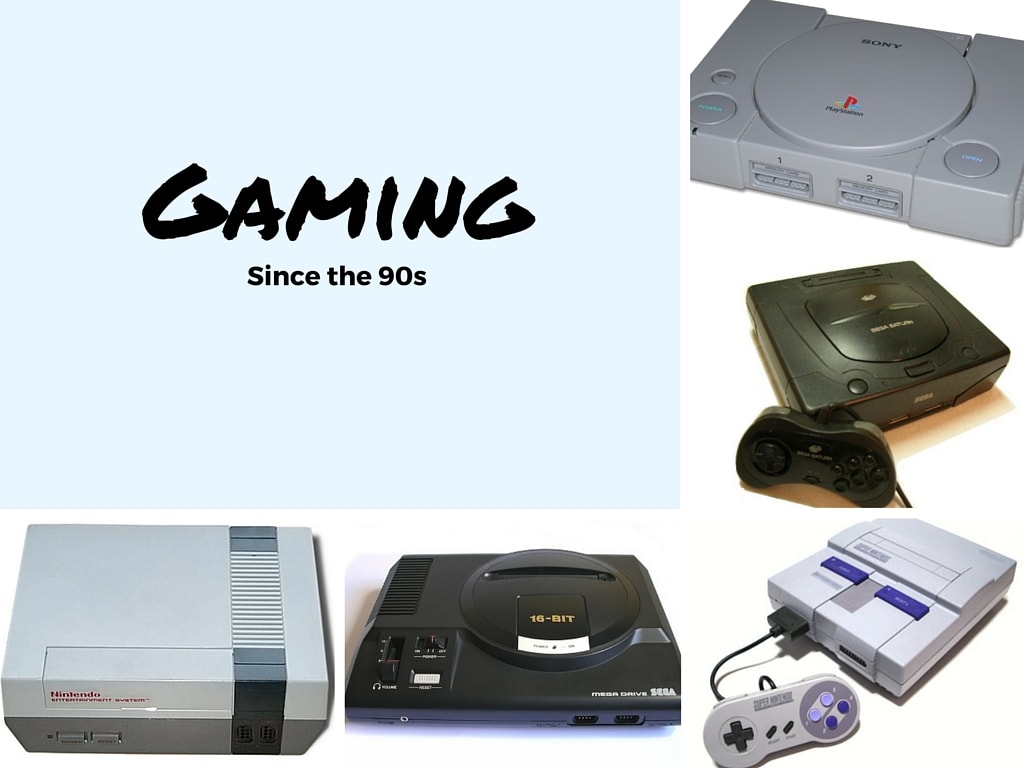
Video games have long been an outlet for me. I played on the Nintendo, Super Nintendo, Sega Genesis, PlayStation, and Sega Saturn (despite it being a complete commercial failure) throughout my childhood and teenage years. And though I took a long hiatus during undergrad and shortly thereafter, I resumed my gaming hobby at the end of 2010 with my purchase of the PlayStation 3.
At the time I was on an extended break between client projects after having worked 50-hour weeks for several months straight. Needless to say, I definitely needed to unwind! And when I picked up the controller and immersed myself in the game, it felt like I had never stopped.
Now, I’ve observed that it’s typically rather difficult to explain the joy of gaming to non-gamers. There seems to be some missing component that enables non-gamers to understand how something unreal can garner such real engagement and continued interest.
But to me, gaming is no different than reading a fiction novel or watching a scripted movie. These things aren’t “real” either, yet they have engaged the masses since they became available. And chances are, even if you’re not a gamer, you’ve likely at least enjoyed becoming engrossed in a good novel or a captivating film. (If not, I’d be curious as to what you’ve done instead!)
And like my dog, I’ve also found professional lessons in gaming.
There’s always something to learn. There have been numerous negative citations concerning video games, such as increased aggression, social isolation, and other undesirable behaviors; an NPR post discusses some of these.
Despite this negativity, though, there are positive aspects, as the NPR post also discusses. It comes down to the individual and their circumstances, though my personal experience with gaming is one of further cognitive development beyond the enjoyment it provides. (Also of note is my natural inclination to always learn, which is also a factor.)
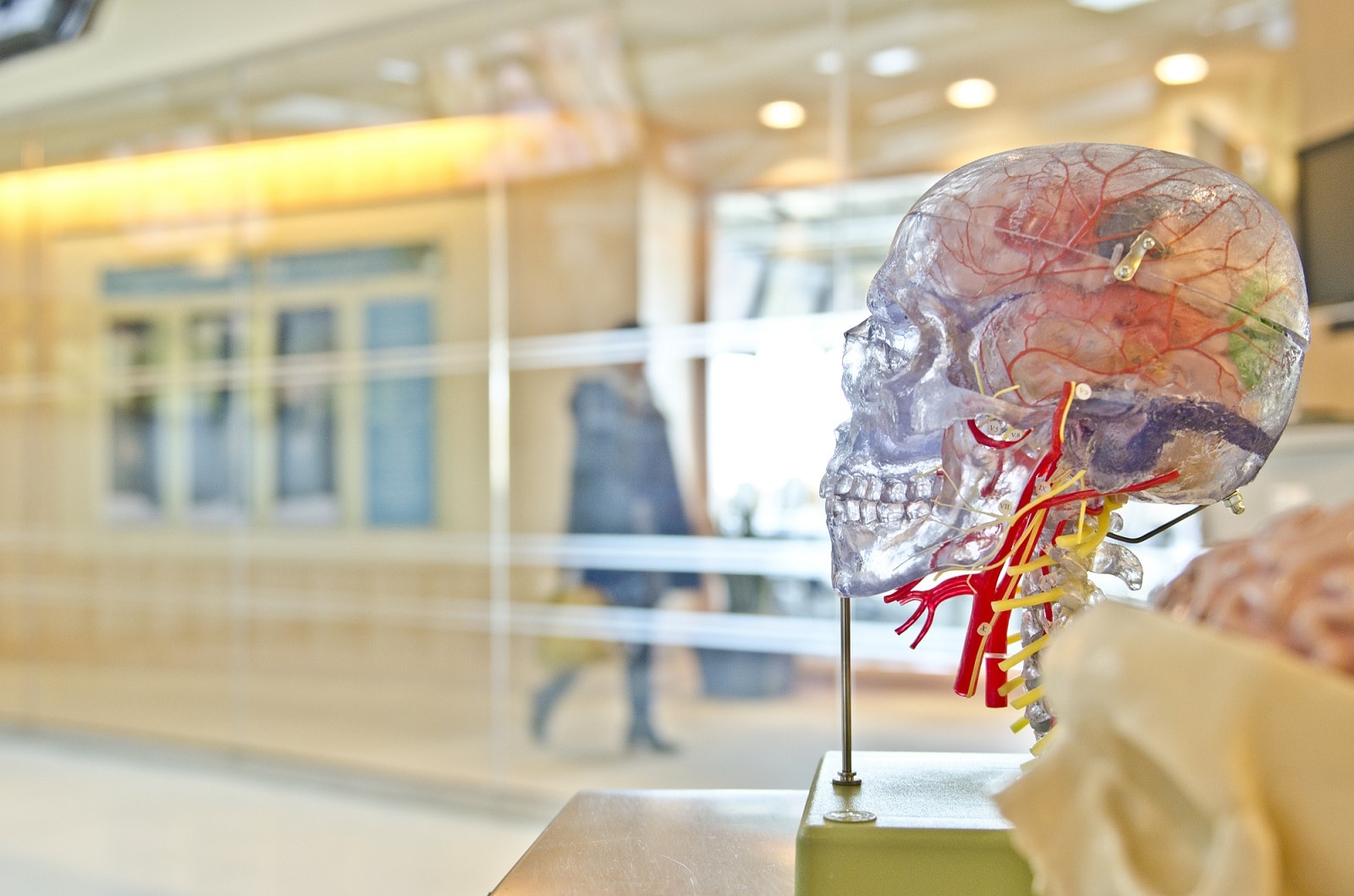
Classic gaming series like SimCity (city-building simulation games) and Final Fantasy (role-playing games) provided for both entertainment and mental development. In building and managing an entire city, SimCity forced you to consider numerous elements that made up the larger picture of a thriving (or broken-down) city, from airports to hospitals to even irrigation, all to keep the citizens alive, healthy, and satisfied. “Detail oriented” doesn’t even begin to describe the personal attribute honed from this game.
Alternatively, Final Fantasy was more akin to playing through a novella, complete with highly developed characters and a sprawling storyline. My memory retention was pushed to its limits, often having to store and recall some seemingly insignificant detail from several chapters back to continue advancing.
These aspects have positively impacted my personal development over the years: Paying greater attention to details and better retaining information have aided my work and the way I analyze and approach business challenges.
People are diverse and communicate differently. There were a few times where I played some massive multiplayer online games (MMOGs) as well, which exposed me to vastly different types of people in all manner of life circumstances that were brought together through the shared interest of the game. Being born and raised in a small town in Texas, this type of exposure provided for personal growth and shaped my perspective on people.

They were young, old, single, married, black, white, humble, arrogant, and everything in between. And each interaction I had was different than the last. Some I communicated with regularly, while some I briefly interacted with and never came across again.
But what the experience taught me was how people communicate and interact are vastly different and also contextual. For example, when money (i.e., in-game currency) was involved, people’s behavior could shift drastically, which we know is no different from our working lives (regrettably).
Connecting the Pieces
We often talk about work-life balance, and it’s certainly an important aspect to ensure we maintain sanity while providing for ourselves and our family.
What’s interesting, though, is that often our personal interests can be connected back to our work. We may not see it at first — probably because we want to think about anything but work when we’re away from it — but if we really delve deep, we can typically find the correlations.
In doing so, I believe we have the ability to absorb more from those interests and hobbies than just enjoyment. We can also develop our thought processes and even improve our skills and abilities, enabling us to become even better professionals.
What is your life like outside of work? Do you find your interests relating back to work and, if so, how? Share in the comments section below.
This post was originally published on my LinkedIn profile on February 22, 2016, and was featured on LinkedIn Pulse in the What Inspires Me and Technology channels.
Photo sources:
- Gaming graphic: Nintendo – CC BY-SA 3.0; Super Nintendo – Muband; Sega Genesis – Bill Bertram; PlayStation – Macara; Sega Saturn – Robivy64
- People vector designed by Freepik

